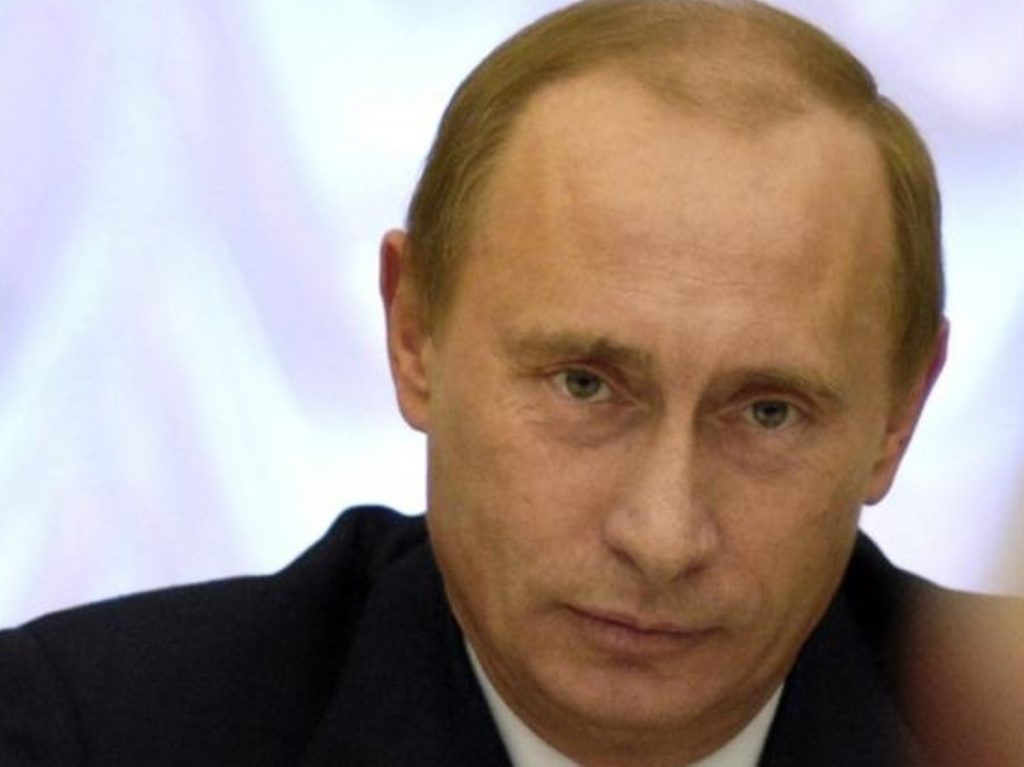Comment: Cameron’s weakness led to the shooting down of MH17
"For too long there has been a reluctance to face up to the implications of what is happening," Cameron said this week about Putin's alleged murder in the skies above eastern Ukraine. His new-found worldliness is likely to be met with wry smiles in Whitehall. Foreign Office officials and ex-spooks privately despair about the fresh eyed premier, though few make their concerns about his naiveté public.
Cameron has forgotten that he has been in the driver's seat trying to 'stop' Putin – trying to stop him annexing Crimea, trying to stop him destabilising eastern Ukraine, trying to stop him arming rebels with weapons which have now downed a passenger jet with two hundred and ninety eight civilians on board.
Did Cameron do enough? Puny travel bans. Slight restrictions on business. No attacks on Putin's own wealth or that of his closest friends. "Urging" or "calling on" Putin to desist. The West has grown so weak in Putin's own eyes that he can skip around international law at will and expect only limp protestations.
While Cameron was shining Norman Lamont's shoe in the nineties, Putin was running a corruption racket in St Petersburg worth nearly a hundred million dollars. It was the wild nineties and Russia was characterised by mafia killings, soaring crime rates and industrial asset stripping of the state by men who later came to be within Putin's circle. Putin rubbed shoulders with gangsters, thieves and murderers. Cameron enjoyed a quiet pint in the Commons bar.
In 2000, Putin went round to his oligarch friends shortly after becoming president and asked them to contribute to Russia's schools, hospitals and transport infrastructure – brazenly siphoning off tens of millions for himself into offshore bank accounts. Cameron had just been placed into a safe seat in Witney, and spent his time discussing the fox-hunting ban.
In 2002, Putin ordered his elite Alpha Group commandos to pump gas into a theatre in Moscow: forty terrorists died but so did 130 hostages. Putin refused to disclose which gas had been used and the attack received wide condemnation. Putin didn't really care.
And while Cameron was smiling through the local elections in 2006, Putin allegedly had Anna Politkovskaya, a highly-praised investigative journalist who had written critically of her president, shot. It was Putin's birthday.
The sanctions regime Cameron, with Obama, Merkel and Hollande, cobbled together has so clearly not taken into account the personal experiences and motivations of Vladimir Putin. First – he is tough, extremely tough. Second, he is corrupt and motivated by money.
Violence in eastern Ukraine has escalated noticeably and consistently, showing no sign of hindrance by the sanctions regime. It should have been blindingly obvious that something more needed to be done.
If a country invades another country and you feel you have a duty to help: actually help. If that country has billions in assets in your country, freeze those assets – all of them, right away. If the leader has friends and families in your country, strip them of citizenship and order them out. If you have trade ties with that country, sever them – in full, right away. In short, show a bit of gumption, show a bit of leadership, show wildcard leaders like Putin that if they step out of line, they can expect real punishment, not just a slap on the wrist.
Does this sound too much? Masked paratroopers sound too much. Shooting a passenger jet out the sky sounds too much. If Cameron had remember who he was talking to when addressing Putin, he might have realised that acting robustly early on could save British lives.
Alastair Sloan writes for The Guardian and The Independent in the UK and for PolicyMic and The Daily Beast in the US. Follow him on Twitter or read his latest work at www.unequalmeasures.com.
The opinions in politics.co.uk's Comment and Analysis section are those of the author and are no reflection of the views of the website or its owners.





-01.png)